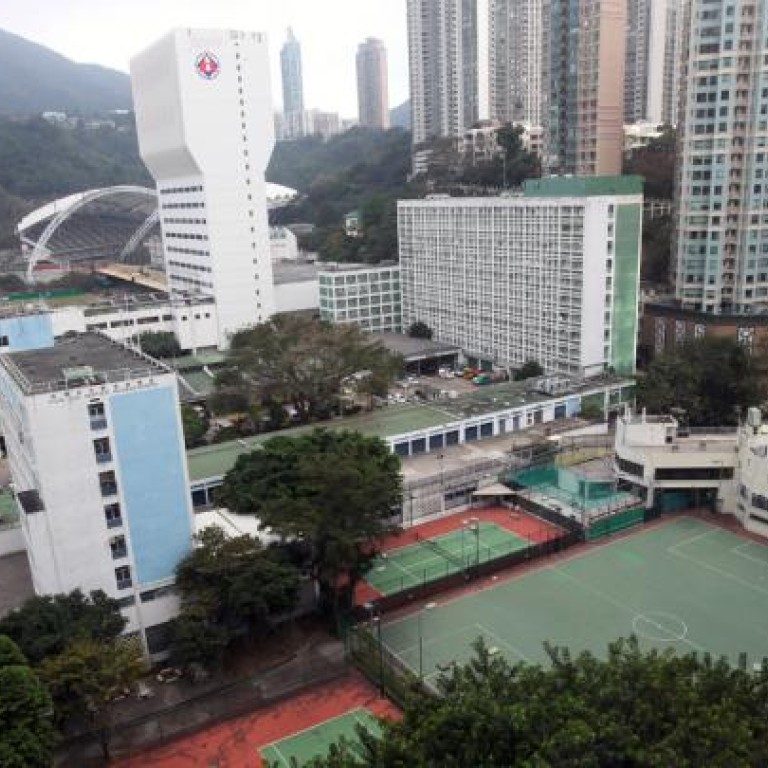
Exclusive clubs may lose land to housing projects
The government is looking at taking back underused sports facilities, yacht clubs and camp sites to find land for public housing
The government may take back underused sports facilities, yacht clubs and camp sites occupied by 13 private organisations and use the land to build much-needed homes, a source familiar with the situation said.

The lease for the PCCW staff club in Caroline Hill Road ends next month, making it the first site to be reviewed.
The renewal of these leases was previously a formality. Now, faced with an acute shortage of land and rising public concern at the lack of access to private clubs, the government is considering releasing sites for residential use.
A Home Affairs Bureau spokeswoman said it would "review the policy on private recreational leases".
The source said the government would scrutinise leases when they expired in the next two years. Some underused sites - ranging from 100 square metres to over 100 hectares - would be returned to the Lands Department and assigned for a new use.
The move is bound to cause controversy. Some worry that it will compromise Hong Kong's precious open space and recreational facilities, while others support it as the sites were often leased to the private clubs at very low cost and sometimes free.
Many private clubs have failed over the years to honour their obligation to allow public access to their facilities.
Details on these facilities and their opening hours were only released last year after strong criticism from the public. Democratic Party lawmaker James To Kun-sun said private clubs that were underused should be taken back for other uses.
However, Peter Cookson Smith, president of the Hong Kong Institute of Planners, opposed the idea. "The clubs are an important part of Hong Kong and are social networks," he said. "However, they can be much better used, like allowing more people to use them."
To said organisations that have more than one club should consider asking their members to share fewer club houses and releasing the "spare ones" for other developments.
"I think the government should consider it [returning land of private clubs] as an option as long as it won't undermine the city's image as a business hub."
He also proposed that Fanling Lodge, reserved for the chief executive, together with the vast golf course surrounding the lodge be used for flats. "The lodge was meant to be a compensation for the governors who came all the way from Britain. I don't think our chief executives need it any more," he said.
PCCW acquired the British-based telecom firm Cable & Wireless in 2000 and got its staff club as part of the deal. It pays an annual land rent of just HK$100 for the 7,865 square metre private club situated at one of the most prime locations in Hong Kong.
If the government decides to take over that site, it only needs to give three months' notice.
Other sites under scrutiny include a yacht club in Sai Kung, a youth hostel in Tai Mei Tuk owned by Hong Kong Youth Hostels Association, a golf course of the Hong Kong Golf Club, a camp site in Sheung Shui of the Hong Kong Girl Guides Association and Lim Por Yen Centre in Mong Kok.
Not all of the sites are suitable for cheap housing as many are far from urban areas.
There are 73 such leases held by private clubs and organisations in Hong Kong.
The government previously renewed 55 for 15 years, before the issue caught public attention and triggered widespread debates.
The remaining 18 sites will now face greater scrutiny, since the government has exhausted many traditional channels to find land for affordable housing.
"If leases of some club houses are up for renewal, then the clubs have to justify why their leases should be renewed," Executive Councillor Barry Cheung Chun-yuen said.

